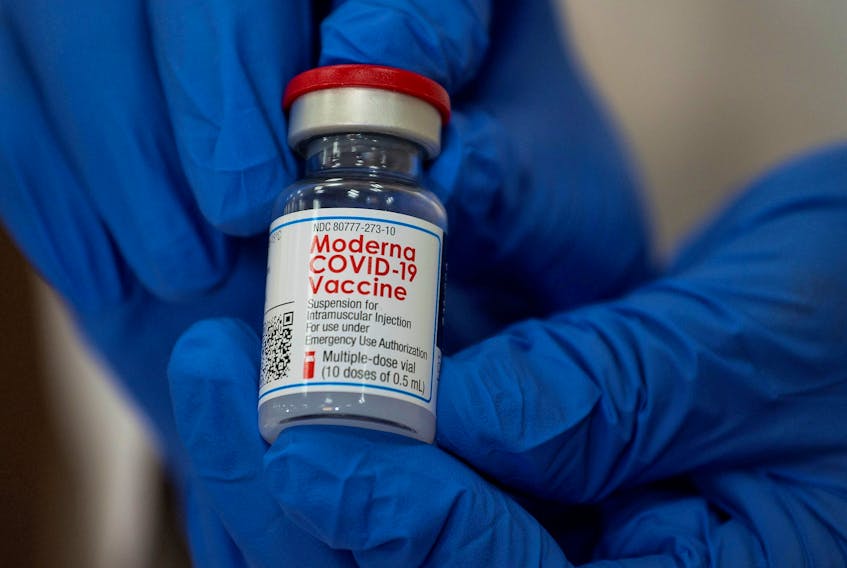So, if COVID-19 is a public health emergency, why does the rollout of vaccines to get the emergency under control feel like a bureaucratic meander instead?
At this point, you would think that every provincial government in the country would be moving at top speed to vaccinate its citizens. But that’s not the case across the country.
Earlier this week, doctors in Ontario raised concerns about the fact that only about a third of that province’s vaccine supplies had actually been administered, saying the provincial government needed to “develop a great sense of urgency” about vaccinations. Some numbers? Ontario received 53,000 doses of the Moderna vaccine on Dec. 28 — by Jan. 5, only 3,000 doses had actually been administered. This, in a province that’s being hard-hit by the virus and currently has seriously ill patients overloading parts of its health-care system.
Vaccines waiting to be used aren’t doing anyone any good.
Doctors in Alberta have also raised concerns about the delay in vaccinated residents of that province, pointing out the province had missed its target of 29,000 people getting vaccinated by the end of 2020 — only 14,224 doses were administered.
Nationally, the numbers are quite sobering. There are 119,202 people across Canada who have been vaccinated as of Jan. 3, but more than 420,000 doses have been delivered to provincial and territorial governments across the country — less than 30 per cent of the available vaccines have actually been used.
And vaccines waiting to be used aren’t doing anyone any good.
As Dr. Noel Gibney, a professor emeritus in the department of critical care medicine at the University of Alberta, pointed out to Global News, “It really doesn’t make any sense to have this staying in the fridge.”
“Canada is definitely having a slower start,” Kerry Bowman, a professor of bioethics and global health at the University of Toronto, told Global. “And each day and week goes by, we run the great risk of falling further and further behind.”
Right now, despite having ordered more vaccines than virtually any nation, as a country, we’re behind the United Kingdom, and United States and Israel in actually getting vaccinations done.
And at this point, even the prime minister has expressed frustration about the time it’s taking for vaccination. In the Atlantic provinces, vaccines have been rolling ahead roughly on time, but we also have benefited from small numbers of new cases.
We’ve known for months that vaccines would be the best route to stop COVID-19 — we’ve also known for months that actually getting vaccinations for all Canadians would create extreme logistic issues, but issues we could have been better prepared to address.
And still, it seems that vaccine administration is being done on banker’s hours — nine to five, weekends and holidays exempted.
That’s not how you handle a life-threatening emergency for Canadians.









